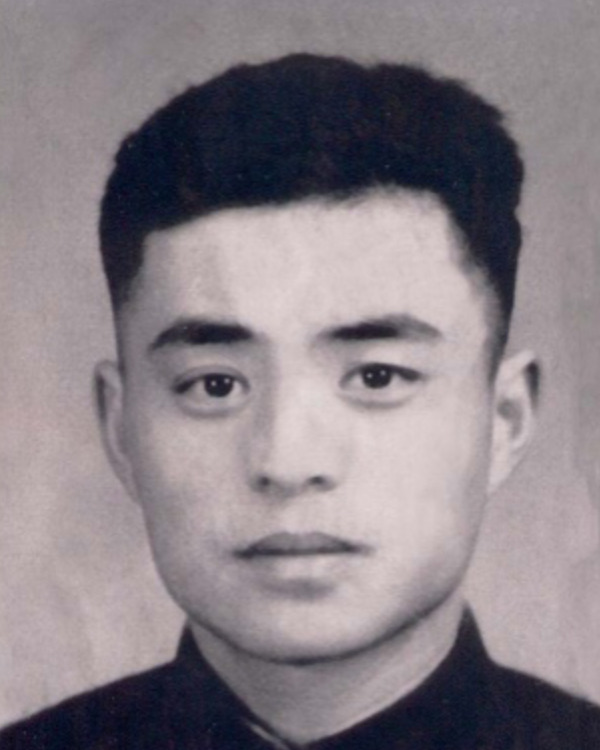Zhang Chunyuan (1932-1970), a native of Shangcai, Henan Province, was a writer, editor, and political prisoner.
Zhang grew up in an impoverished family. His mother died when he was 7 and he told friends that his stepmother mistreated him. He ran away from home at age 13 and worked as an apprentice car mechanic before joining the People’s Liberation Army in 1948 as a 16-year-old. He volunteered for the Korean war in 1950 and served as a car driver and technician in the Fourth Field Army’s 50th Army Logistics Department.
He went abroad to fight in the Korean War in 1950 and was wounded in 1953 on the battlefield while rescuing a vehicle. He was discharged in 1954, returned to China in 1955 and worked in the Department of Agriculture of Hubei Province.
In 1956, he was admitted to Lanzhou University. That began his disillusionment with how the Communists were running China. He thought a university would have a magnificent library but found that most books were under lock and key. Lanzhou University didn’t even possess a complete set of the Confucian classics—the basic texts used over the centuries by all literate people—let alone cutting-edge journals. Teaching was worse, with one lecturer for 100 students. When the Hundred Flowers Campaign began, Zhang criticized the lack of books and poor teaching.
For that, he was labeled a Rightist in 1958 and exiled to Tianshui, Gansu Province for re-education through labor. There, he and others students from Lanzhou University, including his girlfriend Tan Chanxue, Xiang Chengjian, Miao Qingjiu, and Gu Yan witnessed the Great Famine first-hand, including cannibalism.
Inspired by the poet Lin Zhao, they decided to publish a magazine. Zhang traveled to Suzhou to meet Lin, and convinced her to let them published “Seagull” and “A Day in the Life of Prometheus.”
Back in Tianshui, he and the other exiled students obtained a mimeograph machine, carved their own wax plates, and published the magazine Spark, which explored the reasons for the Great Famine and commented on current affairs.
Zhang was widely regarded by the students as one of the leaders of the magazine and also wrote several key articles. He was arrested on September 30, 1960, along with other students and dozens of local farmers who knew and supported them. In order to escape, Zhang refused to eat and was sent to a hospital for prisoners in July 1961. On August 10 he managed to escape but was arrested again on September 6 and sentenced to life imprisonment in January 1965 for “organizing a counter-revolutionary group”.
In March 1970, Zhang Chunyuan was again sentenced for engaging in counter-revolutionary activities by exchanging letters with another prisoner, Du Yinghua, a local party leader who had sympathized with the students. The two were sentenced during a mass rally at Qilihe Stadium and executed at Willow Gulley in Donggang Township on March 22.
For the three days before his execution, Zhang recounted his life story to a fellow prisoner named Wang Zhongyi and made him promise to find Tan Chanxue and tell her two sentences:
First, I have a clear conscience toward the party, the country, and the people, and I’m sorry because I can’t accompany her to finish the road of life. Second, she must live well; the future is bright and boundless!
Zhang was rehabilitated in 1981.
